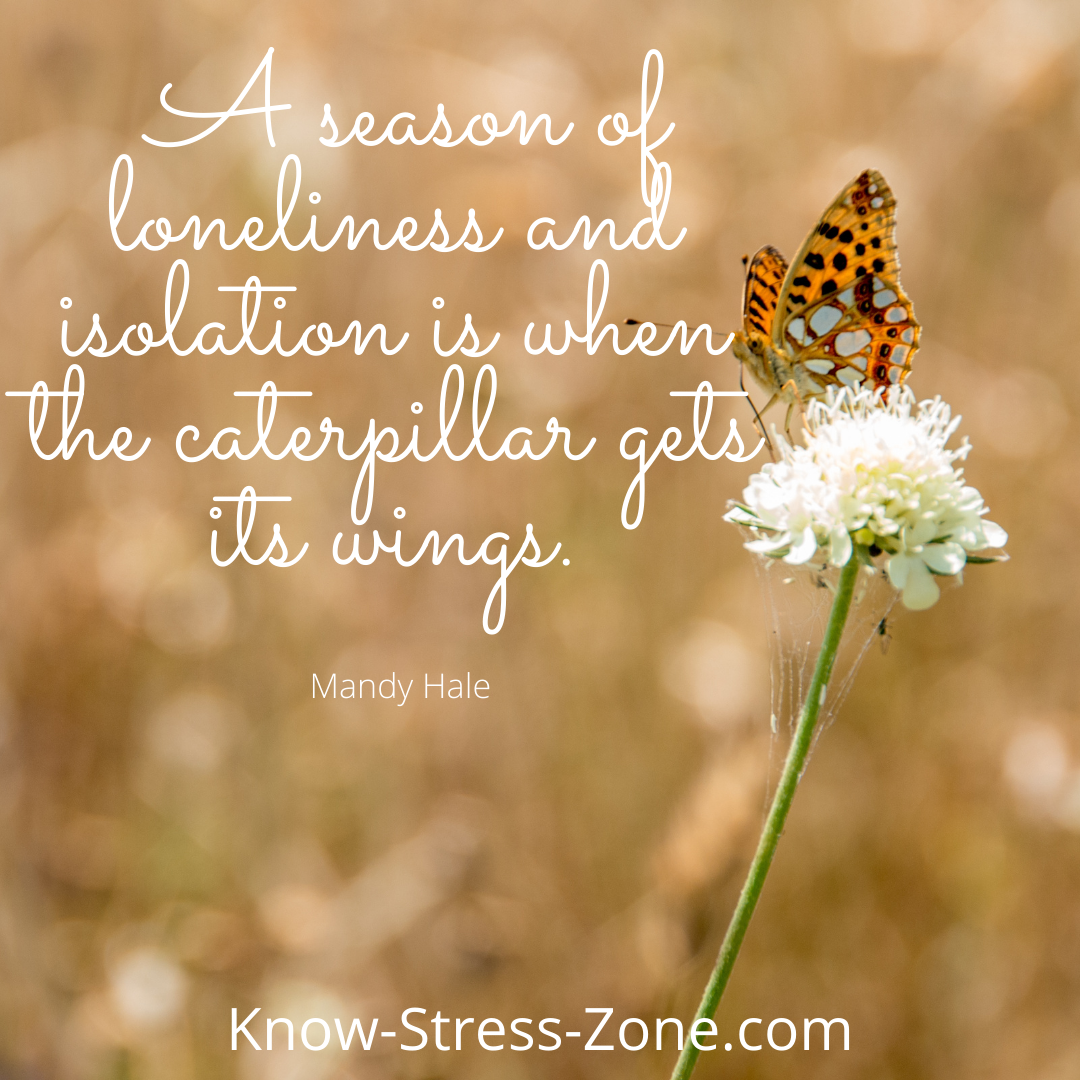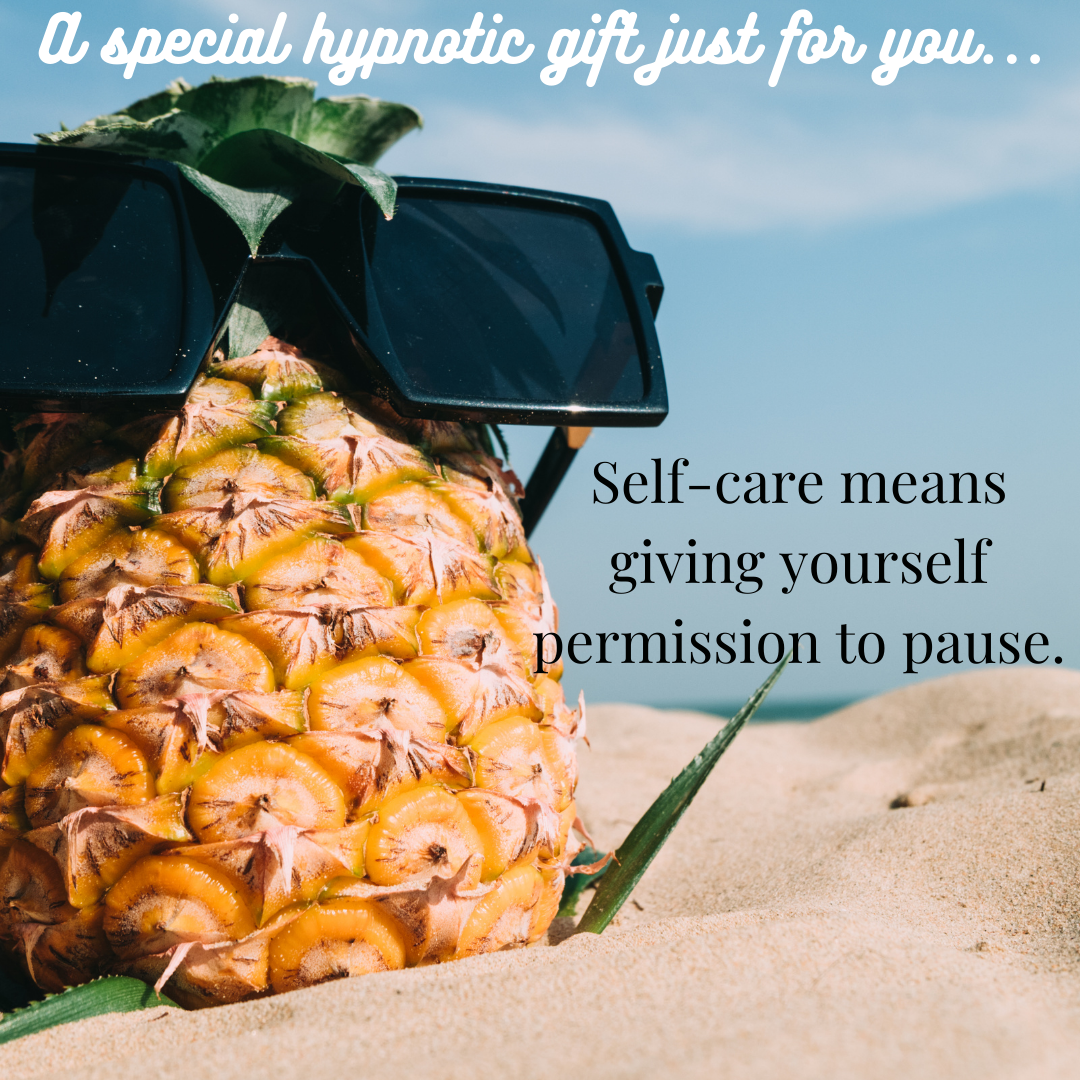Dealing with Loneliness: Ways to Cope
Dealing with Loneliness: At some point in our lives, we will experience loneliness. Having said that, there are times when we want to be alone! I’ve told Melissa that I would love to have a cabin in the middle of nowhere and chop wood all day. Her response: “Send me a postcard.”
|
All joking aside, there is a difference between solitude and loneliness. Like in the Grizzly Adams example above (defense exhibit “A”), at times, I want to be alone - I am in a positive state of mind doing so. This is solitude. Loneliness represents a negative and depressed state of mind. We don’t seek loneliness. The following are just a few scenarios that can result in making one feel lonely:
1. New Kid On The Block Loneliness
No, not the boy band. There are times in your life when you’re in a completely new situation. Whether it’s a new job, a new city, or a new school, you’re likely to feel lonely in the beginning. |
Melissa and I experienced this when we moved to Florida. We just never adjusted. We felt lonely and missed our family and friends back in NC. We’ve decided to move back!
2. Not “Fitting in” Loneliness.
This is the loneliness that strikes when you feel different from the people around you. You may be an introvert in a team of extroverts. Maybe your values aren’t shared with the people around you. You feel separate and different. Like we did in Florida!!
3. Lack of Romance Loneliness
When you don’t have a partner, it can seem like everyone else in the world has a significant other. I went through this in my twenties. It was especially difficult when my friends started getting married. Side note: You may already have a partner, but you may still feel disconnected and lonely.
4. Missing a family member (human or pet!).
I’ll be honest, there’s no pain equal to that of having lost our mini schnauzer, Dudley. Melissa and I felt as though our guts were ripped out. It’s been years since losing him and the pain is still fresh. Our home is empty and we are both experiencing a sense of loneliness from the loss.
Keep in mind, sometimes it’s okay to allow yourself to be lonely. It gives you time to reflect on what’s important. Resist the temptation to befriend or date anyone immediately. You owe it to yourself to take your time when searching for meaningful relationships. So, what the heck must we do to combat loneliness?
Get up and get out. Unless you want to invite depression into your life (I know you don’t), you must get out of your head and into the world. Consider boosting your social support network by joining a club, signing up for a cooking class, or volunteering at an animal shelter (a four-legged friend may come home with you). There are also meet up groups. The possibilities are endless if you give them a chance. I may consider starting a friends of deli-meat group.
Change Your Self-talk. Have a look at your internal soundtrack. Do you focus on your flaws and faults? Rewrite that negative script into something more positive and self-affirming. What would you tell a friend who is experiencing loneliness? I know, you’re probably thinking how lonely can they be if you’re talking to them – just work with me!
Seek Help. Your loneliness may be self-inflicted. You may have personal flaws which are pushing people away. Are you angry and argumentative? Are you too opinionated? Do you talk more than listen? You may not even be aware of this, but give this some thought. Meditation and introspection can increase self-awareness.
I have been in this situation all too many times in my life. I’ve learned to follow these guidelines and experienced positive results. There’s no need to feel ashamed for experiencing loneliness – we all do. What matters is the effort you make to change the situation. It depends on you. ~Ted
Dealing with Loneliness: 5 Ways to Cope ~parts adapted via Cigna.com
|
1. Acknowledge your feelings of loneliness A first step to overcoming loneliness is realizing how you feel and the impact it's having on your life. Try talking to a counselor or therapist. They can help you work through the factors that may be contributing to it, suggest additional steps to combat loneliness, alternative therapies, and help you build coping skills that work for you.
|
- Talk to friends and family. Let them know you're struggling with loneliness. If you've suffered the loss of a relationship, a loved one, lost a job, moved to a new place, are facing other issues that have isolated you, let them know how they might be able to help you feel less lonely.
2. Know when to engage or disengage from the online world when combating loneliness
The online world can be a double-edged sword, especially when it comes to loneliness and social isolation. Log on or log off—which is healthier? It all depends.
- The online world offers non-threatening and convenient ways to connect with others that can help if you're trying to overcome loneliness. Things like multi-player gaming, chat and message sites, even online dating sites can offer ways to interact and engage with others that's satisfying for some people. There are also online apps designed to help you deal with issues like loneliness and social isolation.
- What about social media? Is it good for you when you're dealing with loneliness? For some people, the online world may contribute to even greater feelings of loneliness and isolation. Social media, for example, can portray people who seem to be living exciting, happy-go-lucky lives with hundreds of good friends at their side. Reality is that this is generally not reality. Social media can make some people feel inadequate, left out, and feeling lonely. Bottom line, if being online seems more isolating than connected, it may be a sign you need to log off.
3. Find a volunteer opportunity as a way to feel less lonely
Volunteer opportunities are plentiful. Contributing your time and energy, working alongside others for a good cause, can effectively help you in fighting loneliness. Volunteer activities are shown to ease stress, reduce feelings of depression, can help you make friends and connect with others, and overall make you a happier person. A sense of happiness, fulfillment, and connection to others is yet another way to stop feeling lonely.
Try one of these ideas if volunteering appeals to you:
Whenever possible look to your local neighborhood or community for volunteer activities. This way you can make friends and forge social ties with others in close proximity to you. Chances are good that you'll run into them in the grocery store, at your church or synagogue, at the coffee shop or local restaurant—providing additional opportunities for social interaction and helping you to feel less lonely.
4. Join a group or club to overcome loneliness with in-person connections
Depending on where you live, you may have access to various types of groups and club activities often founded on common interests and hobbies. You can find many of these types of groups online or through community resources.
Meetup is an online platform through which you can find a group or create your own based on a particular interest. Groups meet in person, locally. There are Meetup groups for all types of interests, including food, travel, lifestyle, entertainment, sports, recreation, culture, and much more. Meetup groups are available throughout the country and can give you things to do when you feel lonely. It's a great way to make friends and get together with likeminded people on a regular basis.
5. Practice self-care
Besides working to connect with others, don't overlook the potential power of exercise, healthy food, proper sleep, sunshine, and even meditation for fighting loneliness.
- Exercise has been shown to trigger endorphins in the brain. These are sometimes called the "happy hormones" due to their power to elevate mood and make you simply feel better.
- Sunshine can do much the same thing as exercise. It also triggers good hormones, including endorphins and serotonin, which have a number of positive downstream benefits. Just make sure you follow safety guidelines when getting out in the sunshine.
- A healthy diet can affect your brain health, too. A daily diet of sugar, preservatives, and highly processed food can have negative impacts on your physical and emotional health. Focus on eating whole foods for a while and see if this can help in your strategy to overcome loneliness.
- Sleep quality is closely tied to emotional health. Loss of sleep or poor sleep habits can aggravate feelings of loneliness and isolation, and vice versa. If you're fighting loneliness, try practicing better sleep habits. Limit sugar and caffeine before bed, turn off digital devices for some relaxation time, and make sure your bedroom is quiet and dark.
Loneliness affects millions of people. There are many things you can do when trying to overcome it. The key is realizing how you feel and finding the best strategy for you.
Dealing with Loneliness and More Ways to Outsmart Anxiety Dealing with Loneliness Dealing with Loneliness Dealing with Loneliness Dealing with Loneliness Dealing with Loneliness Dealing with Loneliness Dealing with Loneliness

